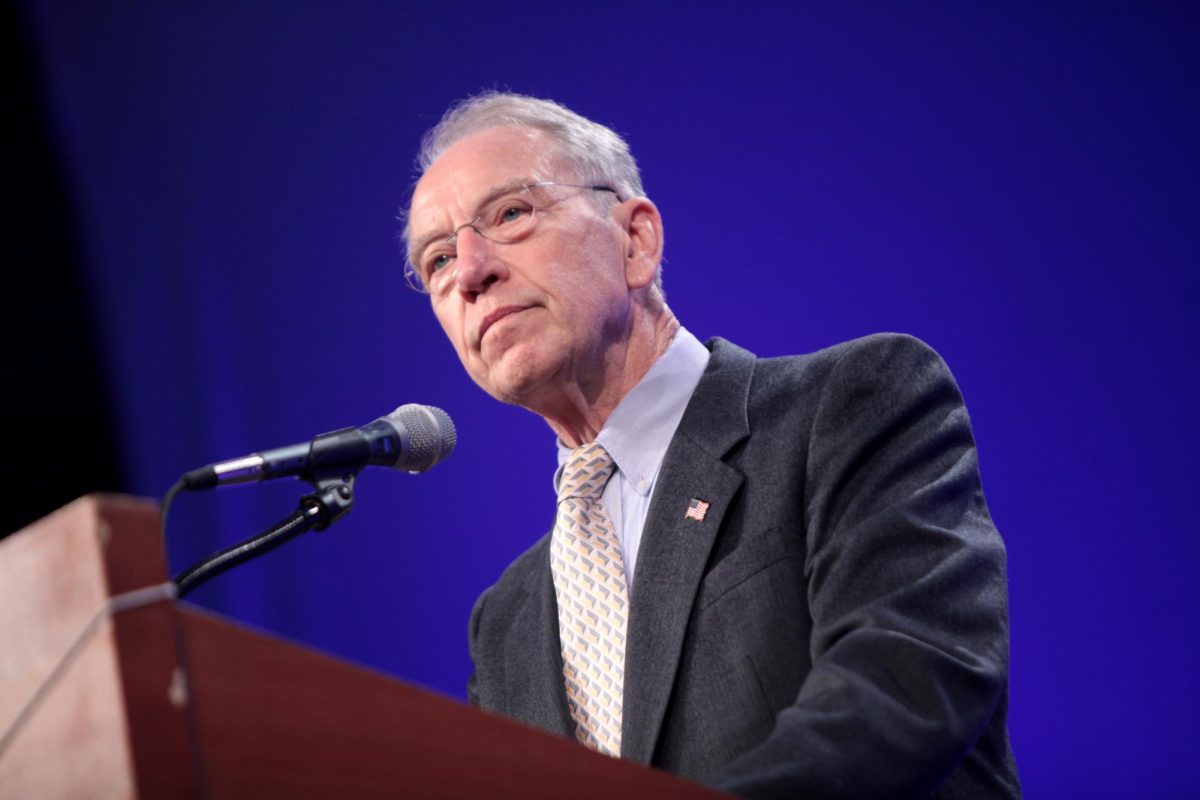The 2016 election was laden with attacks on candidates from both sides of the political spectrum, emphasizing major news organization’s biases and political ties.
While the most obvious objective of left-leaning news sites has been to discredit Donald Trump and ‘expose’ his campaign and supporters or supposed social atrocities, the outcome of this election is evidence that they failed.
Many on the left and right can agree that Trump is under qualified, rash, petty and not suited for the presidency. There are dozens, probably hundreds of things that exemplify this ‒ the way he talks about women, minorities, and the disabled; the way he’s handled his money; his childish responses to criticism.
But left-leaning news organizations continually reported on scandals that were unsubstantiated or not entirely verified. The most recent was Buzzfeed News’ publication of a report about Trump’s activities in Moscow, one that had been passed over by other news outlets on account of not being able to verify the contents.
Buzzfeed wrote, “BuzzFeed News is publishing the full document so that Americans can make up their own minds about allegations about the president-elected that have circulated at the highest levels of the U.S. Government.”
They were widely criticized for publishing something that wasn’t verifiable.
“As we noted in our story, there is serious reason to doubt these allegations,” said BuzzFeed News Editor in Chief Ben Smith. “But publishing this dossier reflects how we see the job of reporters in 2017”.
This makes sense if the point of a news organization was to report on every allegation, rumor or hearsay they come across. But there have to be some standards in an established news source as to what they decide should be worthy of the public’s attention. Often, sites are too concerned about being the first to break an interesting story, about getting the most views, about making the story sensational to be accurate.
This has always been true for news, especially with the explosion of online media and news websites that rely on clicks for ad revenue. It has affected all types of outlets; left, right, liberal, conservative.
Most news sources and media are more liberally leaning than conservative; it’s always been this way. Most people have a healthy distrust of conservative and liberally biased websites.But the leftist agenda that has been spread this election season by less credible sources ‒ Huffington Post, Buzzfeed, The Guardian ‒ has damaged the reputation of more trustworthy sites, like CNN, NBC News or the Wall Street Journal.
This has detrimental effects for the audiences on both sides, and, by extent, the country as a whole. As unbiased news organization are seen as less trustworthy, liberals and conservatives alike lean more towards the clearly biased ones. They create an echo chamber for each group and a divide between the two ‒ a divide that leads to the election of such extreme candidates like President Trump, something that many on both sides didn’t want.
The way the candidates were reported on this election was short-sighted and irresponsible. If there needs to be any change in the deep divide between political parties, there needs to be change in how election news is covered.








